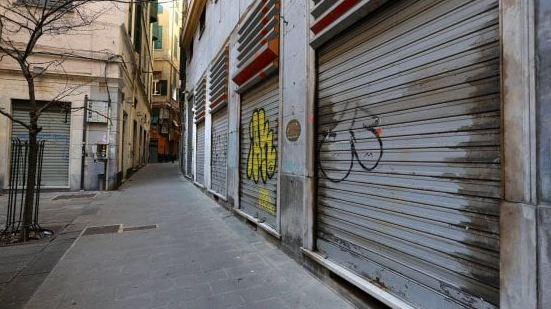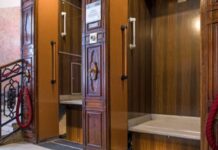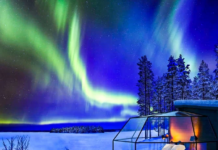After two years of the pandemic, one wonders what normalcy really is. From the beginning there was talk of a return to pre-Covid life, to a much desired normality, but are we sure that this pandemic has not definitively and irrevocably changed everyone’s life? It will be very difficult to go back in time, pretend that nothing has happened and relive everyday life with that pre-Covid carefree. And if people’s lives have changed, that of the cities that host them is no less. Could we ever go back to the fast and dynamic Milan of the past? This is the alarm cry in the editorial by Alessandro Rovellini, director of Milano Today online newspaper.
Closed bars, empty restaurants, shops transformed into temporary stores: unrecognizable city of Milan. Will it recover?
# An empty Milan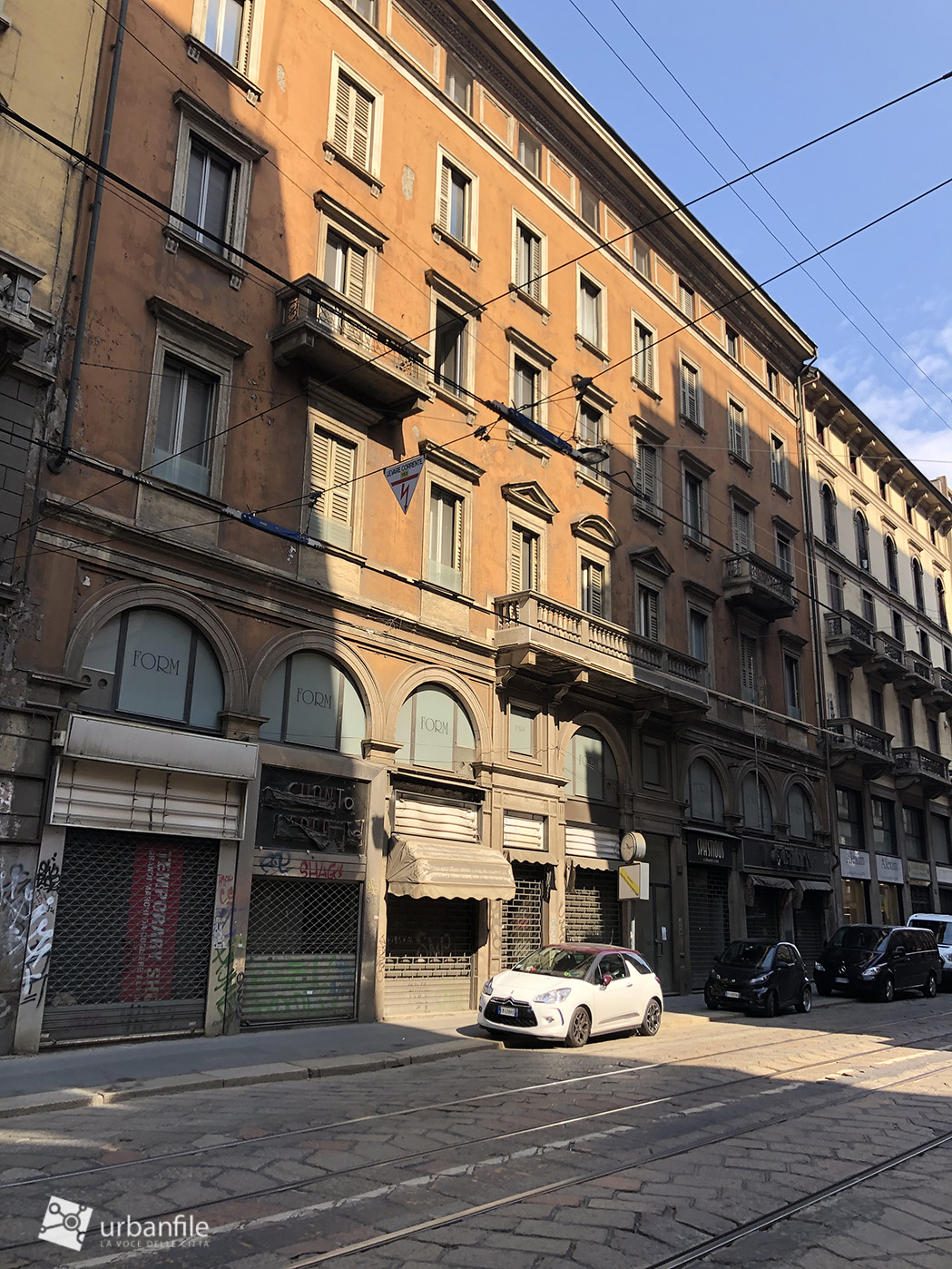
Milan is not, and will not be, the city designed 5 years ago. It is unrecognizable! Empty bars, lowered shutters, generally super crowded streets where you can now walk quietly, without making space between a gentleman talking on the phone and a woman drinking coffee with a larger bag in her hand. Among the thousands of infected people and those who carry out preventive quarantines, Milan has completely emptied itself. Resounding in the silence of the city are the riders, who whiz from one house to another to bring lunch, dinner or even an aperitif and a snack.
# A slowed-down city
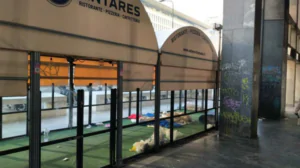
“Covid is changing Milan before our eyes”, denounces Rovellini, citing the emblematic example of Antares in via Vittor Pisani, which has been closed for some time and we do not know when and if it will open. But then who will feed those who work in the offices that populate the street? Indeed, Antares is one of the main self-service shops always full of workers, now its terrace is a refuge for the homeless. The real problem is that most likely half of these workers would no longer need to go to Antares, because they will have a hot meal ready at home. Yes, because the famous smartworking, so praised and appreciated, actually empties the city. And then, millions of coffees, lunch breaks and fewer post-work aperitifs. Rovellini cites other cases, such as the difficulties of Starbucks and, in general, places in difficulty, especially in the most central and richest areas. But not only the present of the city appears to be in difficulty, but also the future. With new projects being delayed.
# The inaugurations postponed
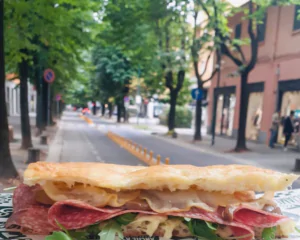
In addition, while some pre-pandemic projects are being completed, others, such as that of the Scheggia di Coima skyscraper, which stands between Gae Aulenti and Gioia, do not have an inauguration date. The same happens for the M4 line with the inauguration postponed from one year to the next. And yet the new projects planned for the Olympics at this point one wonders if they still make sense. Covid has created a new normal, made up of different habits, but which have made Milan another city. The paradox? It is that while the large skyscrapers of the new Milan are depopulated, the small shops near the dormitory districts, the small towns in the hinterland instead have new life. What are these, concludes Rovellini, becoming the beating heart of the new daily life in Milan?
ALESSANDRO VIDALI


